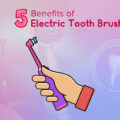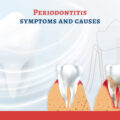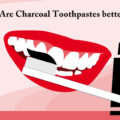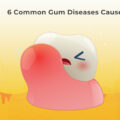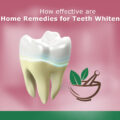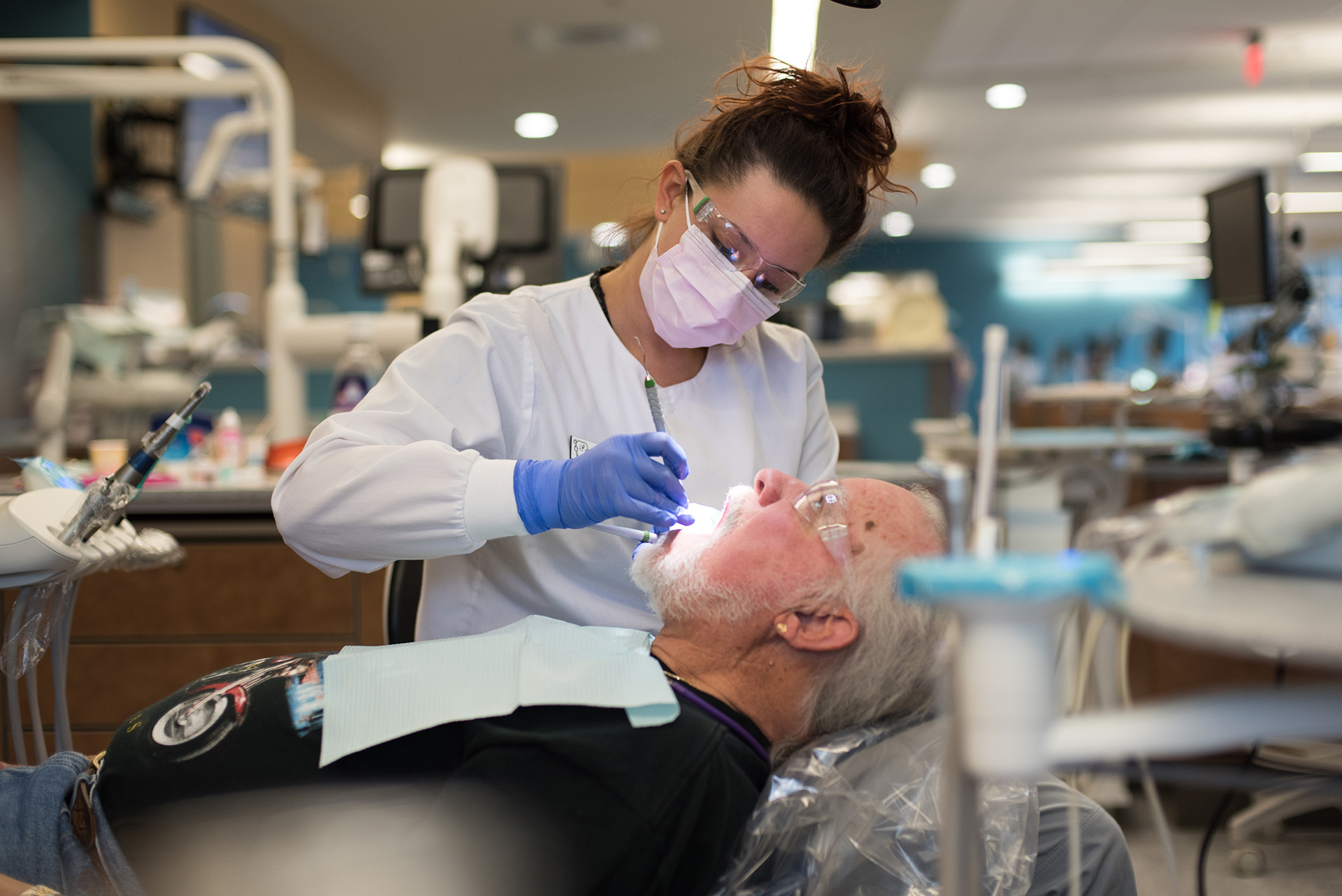
hygiene tips
edental
26 June 2018
10 Dental Hygiene Tips
Your oral cavity performs many functions, such as smiling, chewing and talking. On the other hand, dental health is directly related to the general health of your body. Apart from this, discolored teeth, broken teeth, gum infection and other dental problems can affect their self-esteem. Therefore, maintaining good dental hygiene is extremely important.
As your trusted partners in oral care, we would like to share ten dental hygiene tips of the day that will help you take care of your pearly whites.
1. Brush twice a day
Brushing your teeth helps remove food scraps and prevents the formation of plaque. On the other hand, toothpaste fights bad breath and gives a feeling of freshness. The main factors contributing to the cause of dental problems are leftover food, dental plaque, and calculus is why we come with these dental tips for patients. Plaque is a thin biofilm that adheres to teeth and gums. Over time, it forms tartar and causes gum infections, dental caries, and other oral diseases.
Ideally, your teeth every time you eat are clean, but at least you have to brush your teeth twice a day. Brushing your teeth can be a morning ritual for many of us. However, your mouth stays closed for a long time during the night, and organisms can thrive in this environment if you do not brush after dinner or before bedtime. So, brush, brush, brush! These tips for healthy teeth and gums will effectively make a turn around.
2. Daily silk
Flossing is as important as brushing your teeth and too often it is omitted in our busy lives. You can use a silk thread, a floser of water or another interdental cleaning product. We will advise you the right option at the check-in meeting as there is no other option than this dental tips and tricks,. In addition, our dental hygienist will guide you in the proper technique of using dental floss.
Flossing removes food stains trapped between teeth that a toothbrush cannot reach. Food lodging between teeth can cause cavities, inflammation of the gums and other oral problems. Brushing cannot effectively clean these difficult areas. Therefore, the use of dental floss is necessary to maintain good dental hygiene.
3. Do a dental examination, at least once every six months
Regular teeth care tips at home and dental examinations help to diagnose or identify dental problems at an early stage; the latter plays a crucial role in the prognosis of the disease. For example, dental cavities initially require filling. However, extensive cavities require treatment or extraction of the root canal. Therefore, it is better to stay awake in your regular checks and dental hygiene, negligence when it comes to your teeth, can cost a lot!
Top Reasons to Choose as your Dentist Elite Dental Care in Tracy as your Dentist
4. Avoid habits that hurt your teeth
You should avoid tobacco and other substances that are harmful to your teeth. Limit snacks between meals and reduce your intake of sugars. In addition, you should not bite your nails or open bottle caps with your teeth. If you are used to finger sucking, biting your lips, pushing your tongue or clenching your teeth, you should consult your dentist for proper treatment.
5. Eat healthily
Choose foods that are beneficial to your dental health. Train yourself to maintain a balanced diet so that your body receives vitamins and minerals in the right amount. Nutritional deficiencies can lead to poorly formed teeth and bleeding gums.
In addition, you must take the right amount of fluoride ions. This mineral is important for demineralization of enamel caries and is a structural component of teeth. However, too much fluoride can damage your teeth and cause toxic effects on your body. You can always discuss the correct dose of fluoride with your dentist.
Avoid sticky foods or those that contain large amounts of sugars. In addition, you should avoid consuming excess acidic or citrus drinks because it can carry tooth enamel.
6. Plan your child’s dental visit at the appropriate age
Tooth teeth are as important as the teeth of an adult. Although they are replaced by permanent variants, they still fulfill important functions at the beginning of their child’s life. They play a key role in guiding the adult dentition in its place. According to the American Dental Association, the first dental visit for a child should not be after his first birthday. Regular dental examinations during childhood serve as a basis for good dental hygiene during the last stages of life. To maintain all these, you need to ponder on these important tips on dental health and hygiene.
7. Do not delay dental treatments
Many people have fears that prevent them from receiving dental treatments in a timely manner. In addition, others avoid treatments thinking that it will cost them one arm and one leg. However, preventive exams and treatments do not cost much compared to intensive care, such as the dental crown, implants, and others. Then, next time, do a dental treatment when your dentist suggests it. Any delay in treatment can affect your dental hygiene and end up costing you a lot more in the long run.
8. Sealants work
Dental cavities can be avoided if they are diagnosed at an early stage. In addition, if preventive measures such as the application of fluoride and sealants are performed, then it is easy to clean the teeth and maintain good oral hygiene.
9. Protect your mouth while playing sports
Injuries or accidents can cause dental fractures and even tooth loss. Therefore, you must use an appropriate device, such as a mouth guard to protect your teeth while playing sports. In addition, do not forget to wear a helmet because it protects your head and your oral cavity against the impact of force that can occur during the sport.
10. Use the right tools to clean your teeth and gums
You should use a soft toothbrush if you have gum disease. Also, if you have wires and orthotics, then you should use a special orthodontic toothbrush and a mouthwash. In addition to that, Dental hygiene in patients with dental implants also requires special steps like visiting dental hygienist tip.
If you prefer manual tooth brushing, do not forget to change your toothbrush once every three months. Do not use excessive pressure or force while brushing, as this may damage your teeth. Our oral hygienists can always help you choose the right device for you and also show you the right method to use it.
